ODMG: We reaffirm our full support to eliminate the use of chemical weapons in the world
Genocide 01:01 PM - 2021-11-29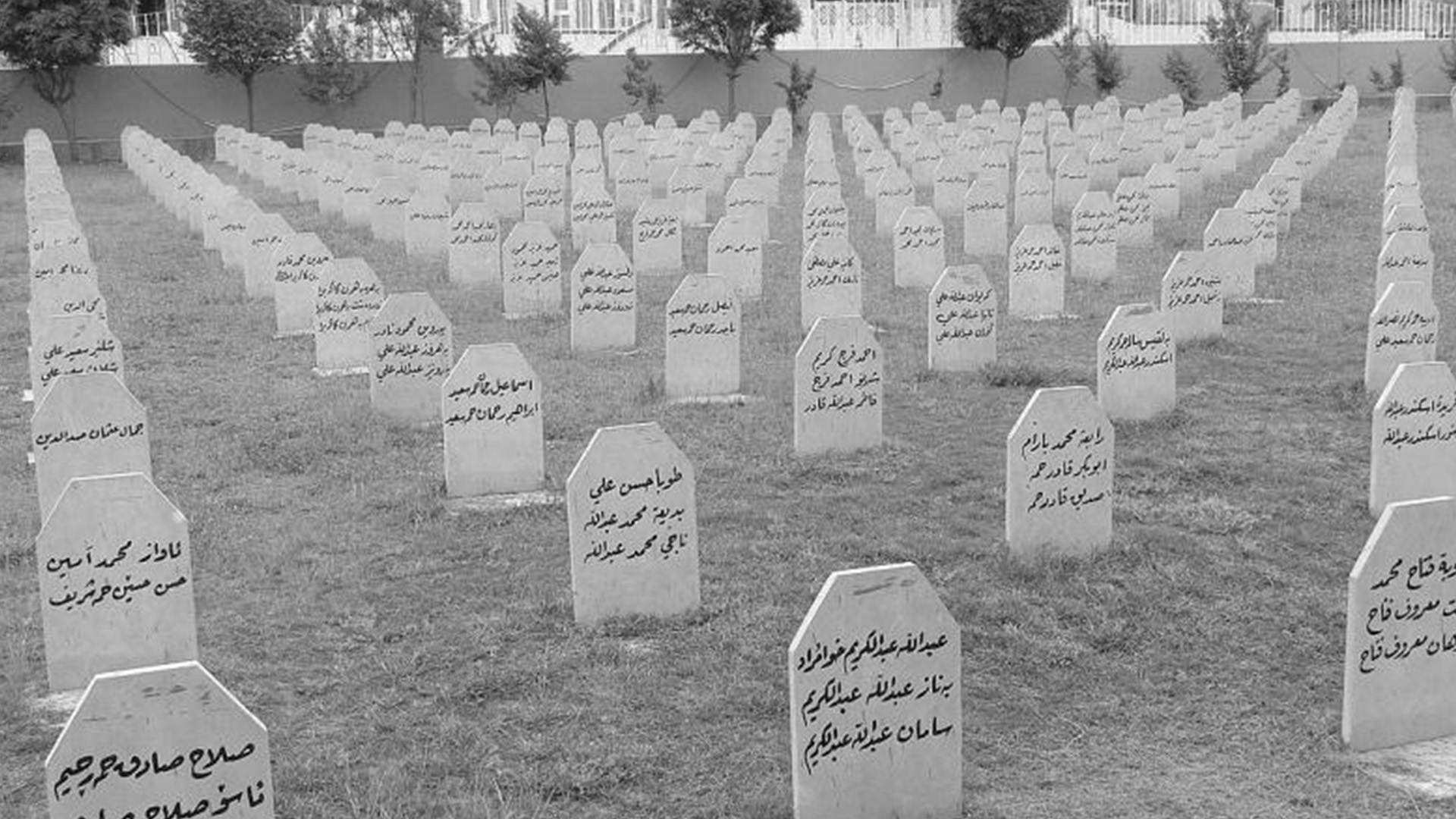
Photo Credit: Tolerance
On Monday, the Organization of Defending Mass Graves Victim's Rights (ODMG) published a statement about the Day of Remembrance for all Victims of Chemical Warfare.
The following text is ODMG's statement:
On the occasion of the Day of Victims of Chemical Weapons, we support all international efforts to prevent the use of chemical weapons in the world.
The Conference of the Member States of the Organization for the Prohibition of Chemical Weapons, which has signed the Convention on the Prohibition of the Use of Weapons and has 193 members, celebrates 30 November every year as the International Day of Commemoration in Memory of Victims of Chemical Weapons.
On this tragic occasion, we pay tribute to the victims of chemical weapons around the world, especially the victims of the genocide in the villages and cities of the Kurdistan Region, among the victims of the collapsed dictatorship in Iraq, It is known to all that the toppled regime used chemical weapons against our people in the eighties of the last century in more than one part of Kurdistan.
Thousands of civilians in our nation have become victims of the use of chemical weapons. Here we remember the villages and towns that were exposed to the use of chemical weapons: Doli Khushnawati (Balisan, Sheikh, and Ehsan) was bombed in 1987 as the first areas in the Kurdistan Region with chemical weapons, which led to the killing of more than 275 people, including women, men and children of different ages (the youngest being one-year-old and the oldest being 95, most of them buried alive in mass graves).
Villages in Sheikh Bisini district (Gupta and Askari) were subjected to chemical bombardment by the regime in 1988, killing more than 300 people. More than 200 people were killed in the areas of Al-Qardagh and Susianan in the Sulaymaniyah Governorate as a result of the use of chemical weapons and the destruction of their areas.
Several villages in Badinan district were also bombed with chemical weapons in the last phase of the Anfal (Eighth Anfal) campaign in 1988, which claimed dozens of lives. The use of chemical weapons in the city of Halabja reached its peak when, on March 16, 1988, the regime destroyed the city of Halabja with chemical weapons, killing about 5,000 people and wounding 10,000 people.
The wounded are still suffering from the negative effects of the remnants of the lethal weapon. Chemicals used by the regime in the Kurdistan region include mustard, sarin, tabun, VX, and cyanide. Iraq's membership in the Executive Council of the Organization for the Prohibition of Chemical Weapons for the years 2022 to 2024, as stated by the Iraqi Foreign Ministry after obtaining the position of Vice President of the Congress of the countries of the region from the above-mentioned organization.
The year 2019 and 2020 is about the active and powerful role of Iraq within the organization. Here, we would like to say that in Iraq, the people of Kurdistan, in the Kurdistan Region, were more than exposed to chemical weapons, as we have indicated. It is, therefore, necessary for the Kurdistan Region to play a greater role in the Iraqi membership in the Organization for the Prohibition of Chemical Weapons, so that the Kurdistan Region can present its documents and evidence to the Member States through the above-mentioned special committees. An organization to prevent the recurrence of the crime of using chemical weapons anywhere in the world. No one in the world will fall victim to these weapons of mass destruction.
Victims of chemical weapons in the Kurdistan Region were buried alive in several mass graves, and remnants of chemical materials are still in these cemeteries. In the past, a number of mass graves were exhumed in an unscientific and inappropriate manner by local teams in the Kurdistan Region. As a result, a number of team members were exposed to chemical radiation and this had a negative effect on their health.
Therefore, we call on the Iraqi government to cooperate with the local authorities in the Kurdistan Region in accordance with Law No. 5 of 2006 regarding the protection and exhumation of mass graves and to meet the specific needs of exhuming mass graves for chemical weapon's victims.
We also call on the international community to cooperate with the efforts of the Iraqi government and the Kurdistan Region to exhume all mass graves of chemical weapons victims and to take measures to remove chemical remnants from mass graves to reassure their families. The areas of damage caused by chemical weapons to their lands and the damage caused to the people of the country and the environment.
We reaffirm our full support for these efforts to eliminate the use of chemical weapons in the world and for efforts to ban the use of chemical weapons in any part of the world. On this occasion, and in order to restore the rights of the victims of chemical weapons, and based on the evidence that was the reason for the decision of the Iraqi High Criminal Court to recognize the chemical attack on Halabja as a crime of genocide, the organization must not allow it. We've partnered with countries and companies to help Iraq obtain chemical weapons to rehabilitate chemical weapons victims and work to persuade those companies.
Organization of Defending Mass Graves Victim's Rights
November 29th, 2021
PUKmedia
More news
-
German Forces Commander Ended his Mission at Mam Jalal's Grave
12:28 PM - 2024-04-23 -
Golden Bla Awards Ceremony Takes Place in Sulaymaniyah
11:32 AM - 2024-04-23 -
PUK Official: PUK is Committed to Holding Elections on Time
11:04 AM - 2024-04-23 -
Turkish President Meets Kurdish Officials in Erbil
10:42 AM - 2024-04-23

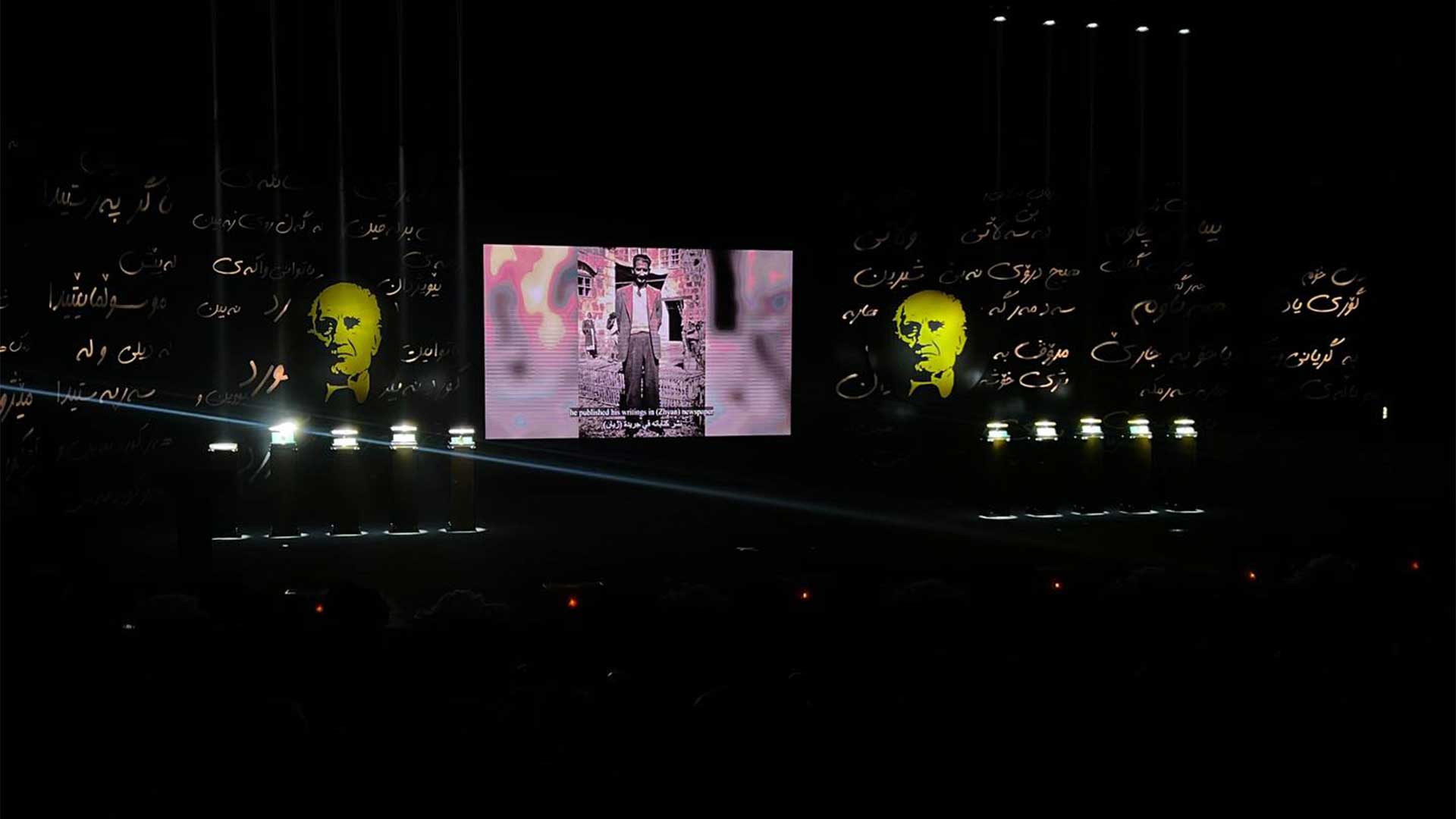
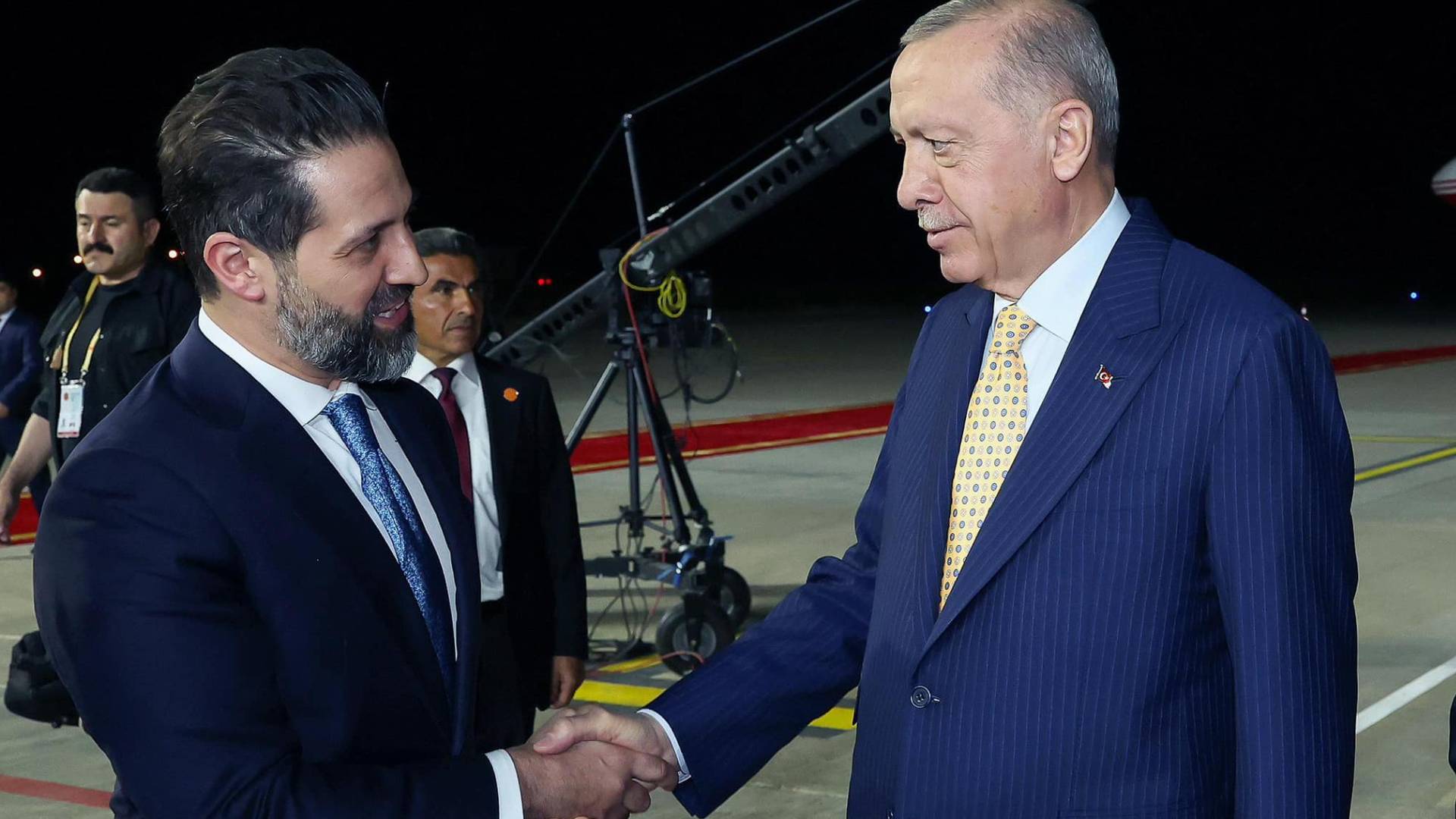
.jpg)
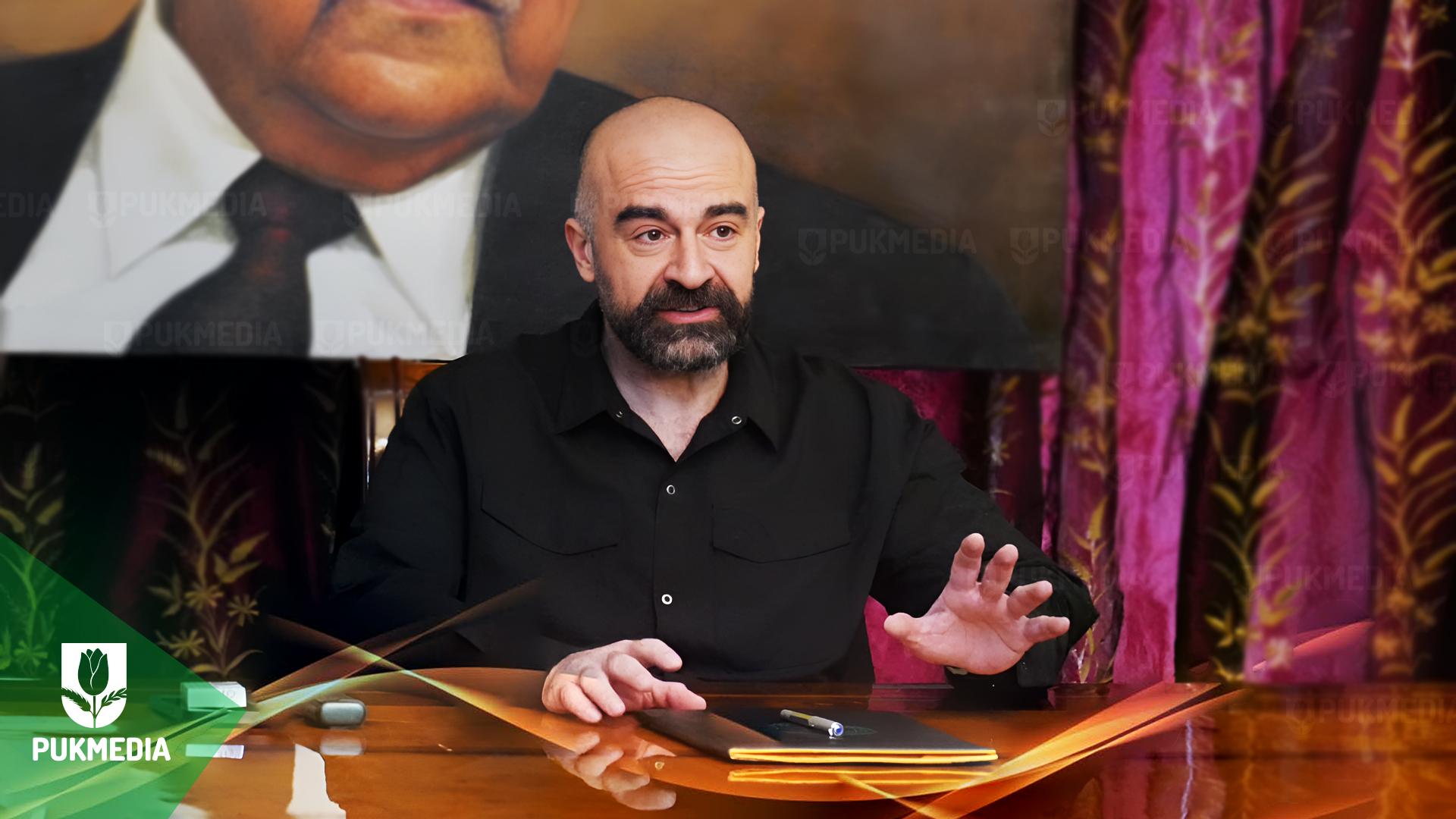
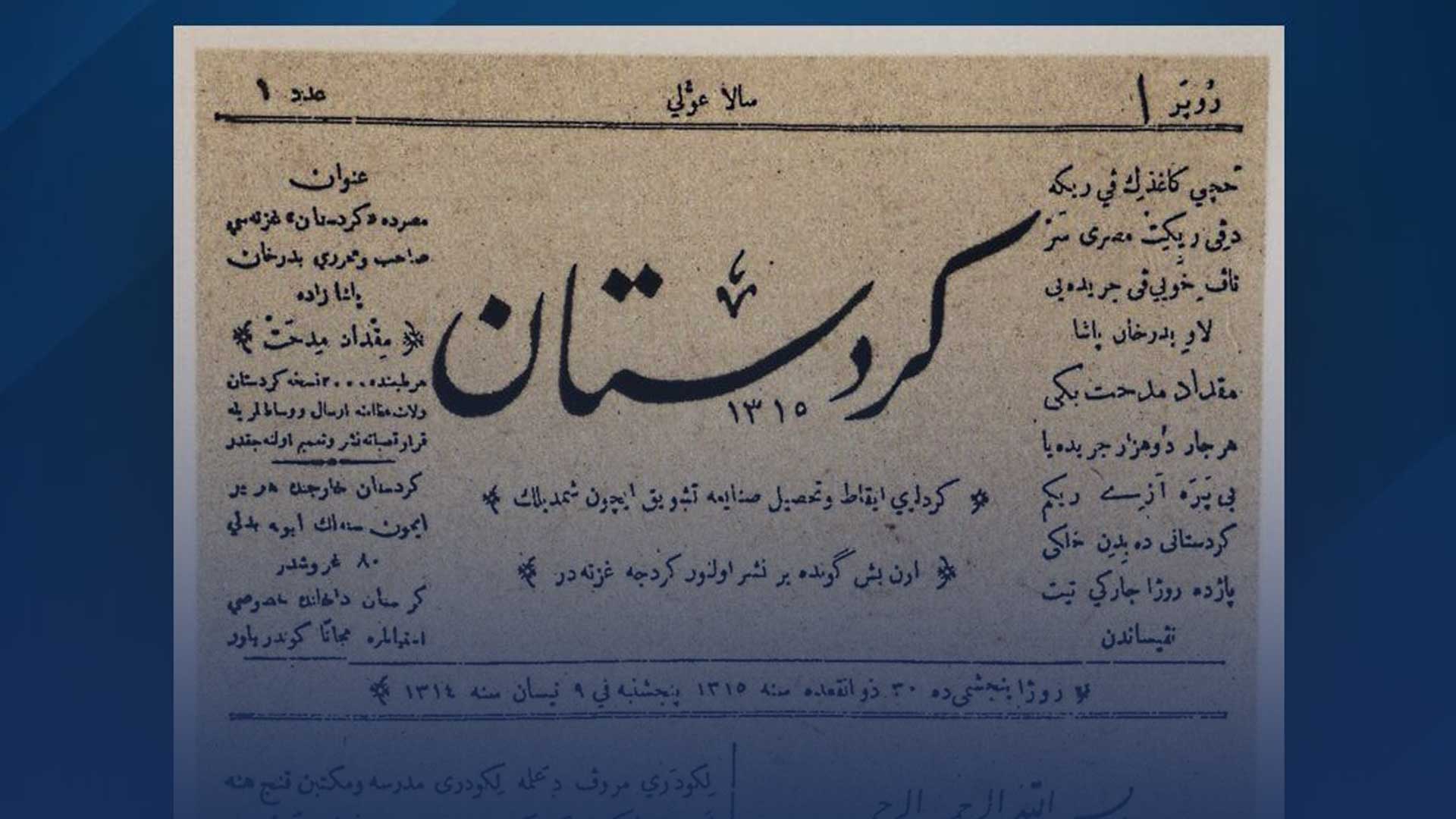
 Application
Application


